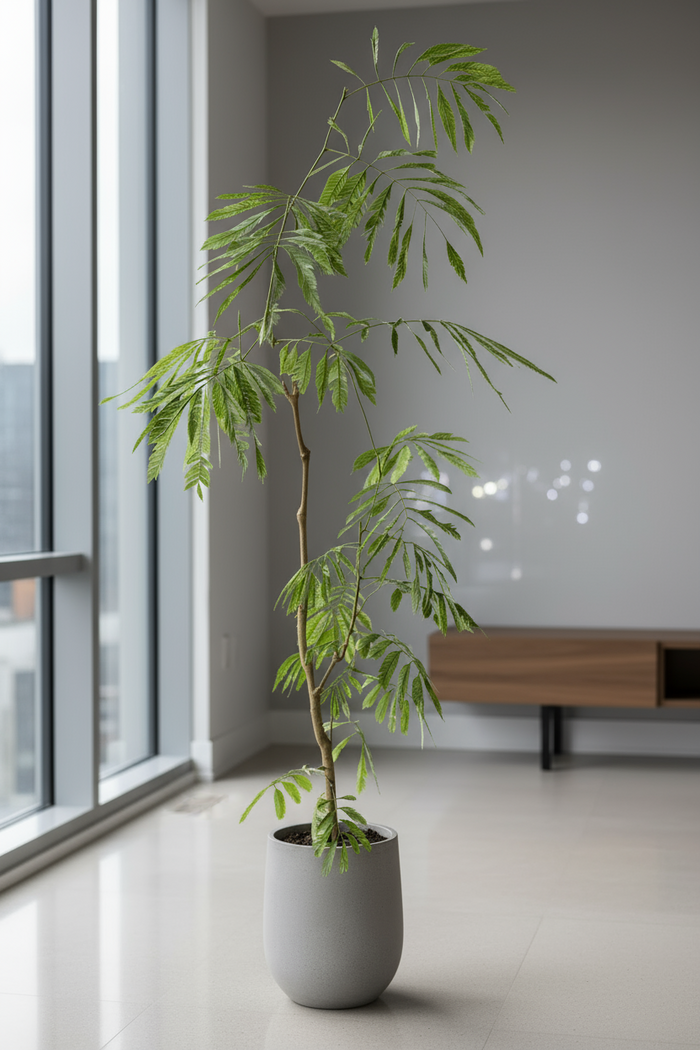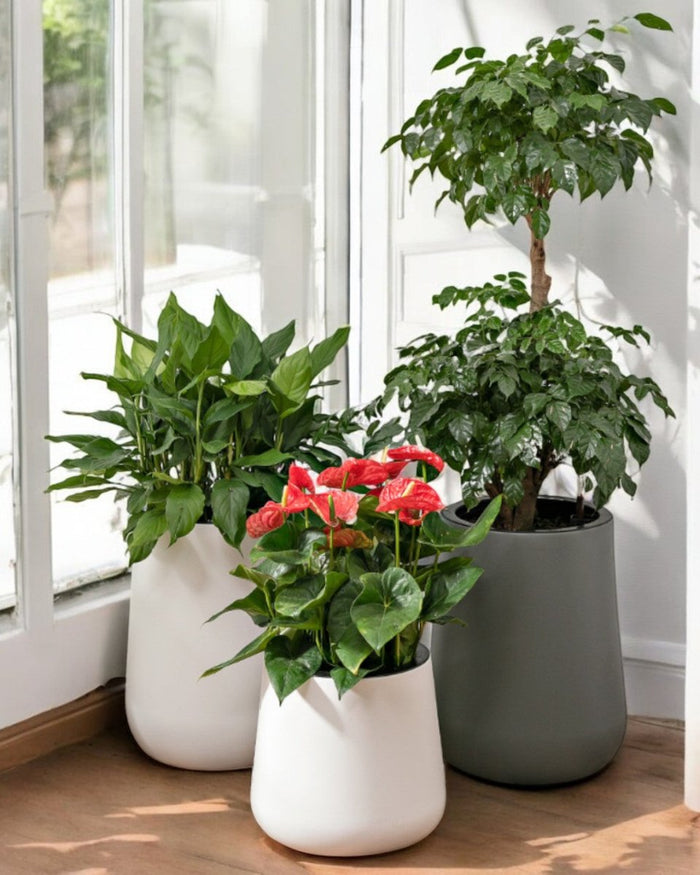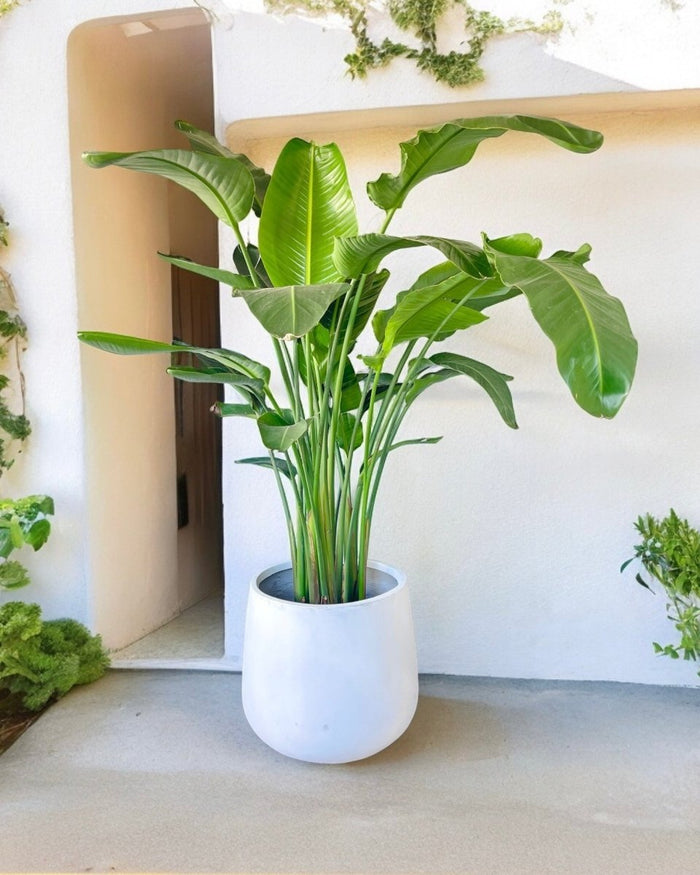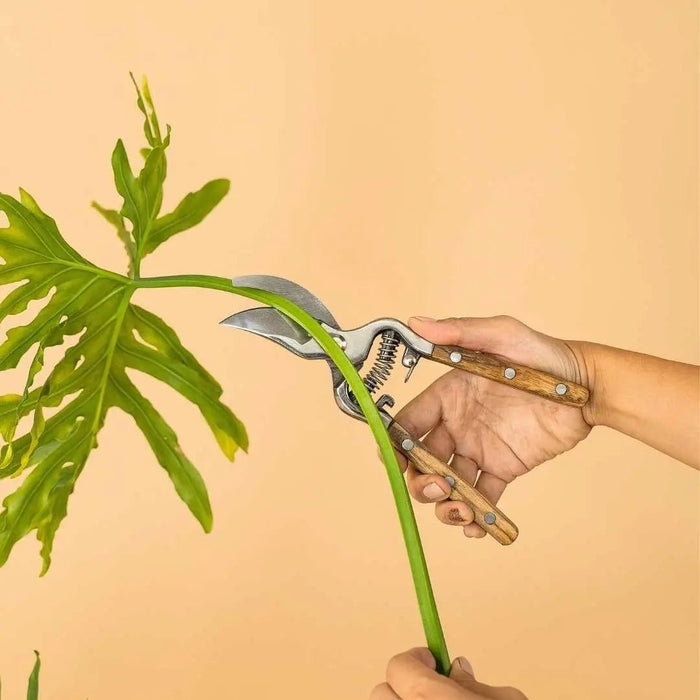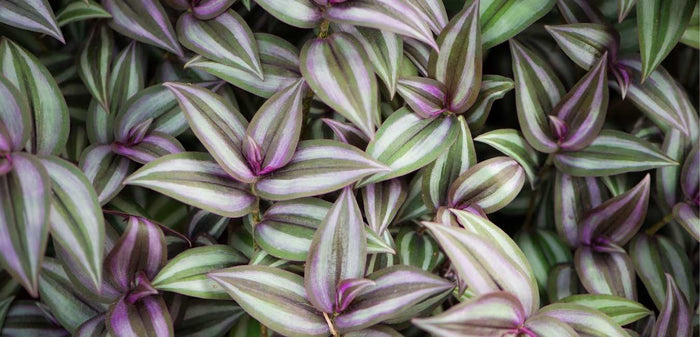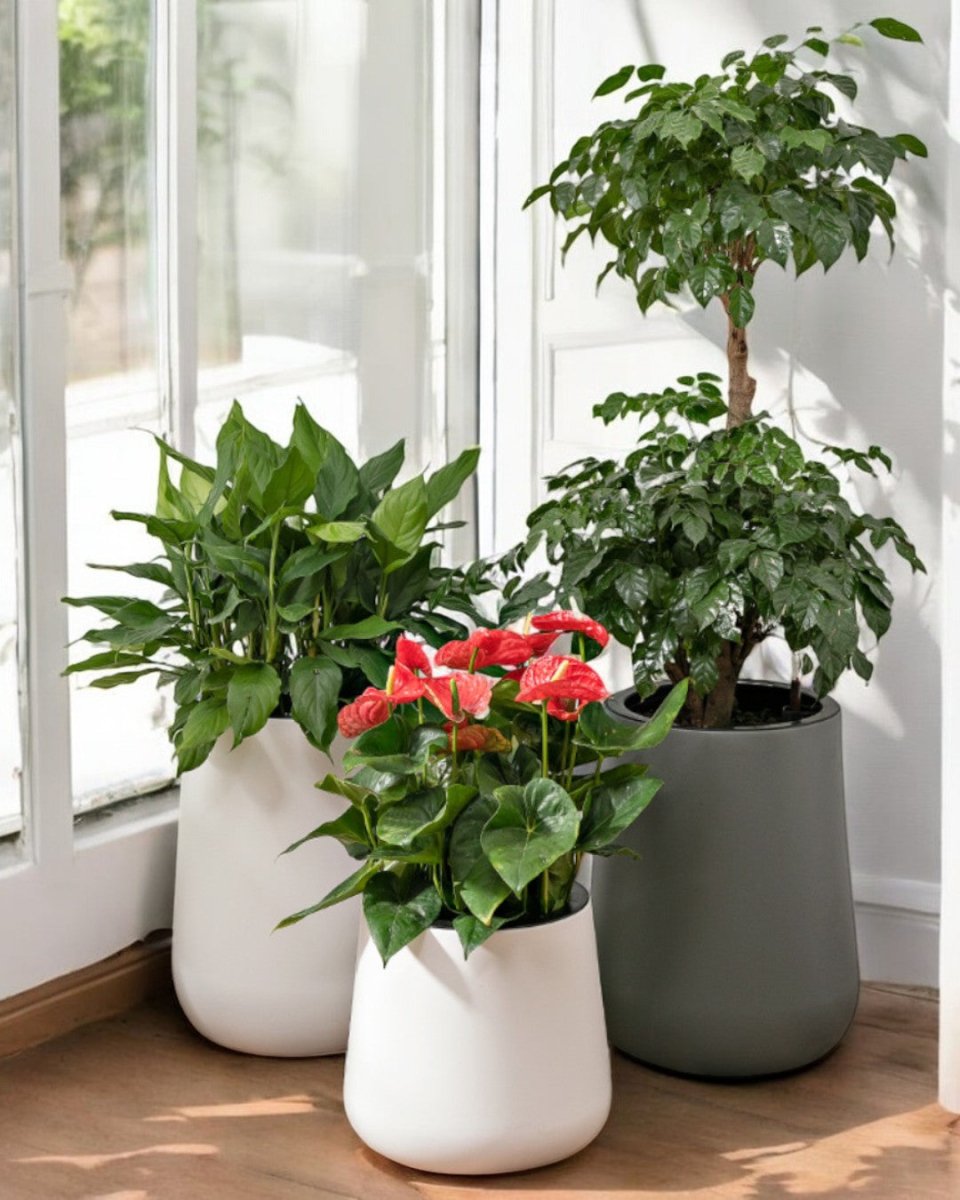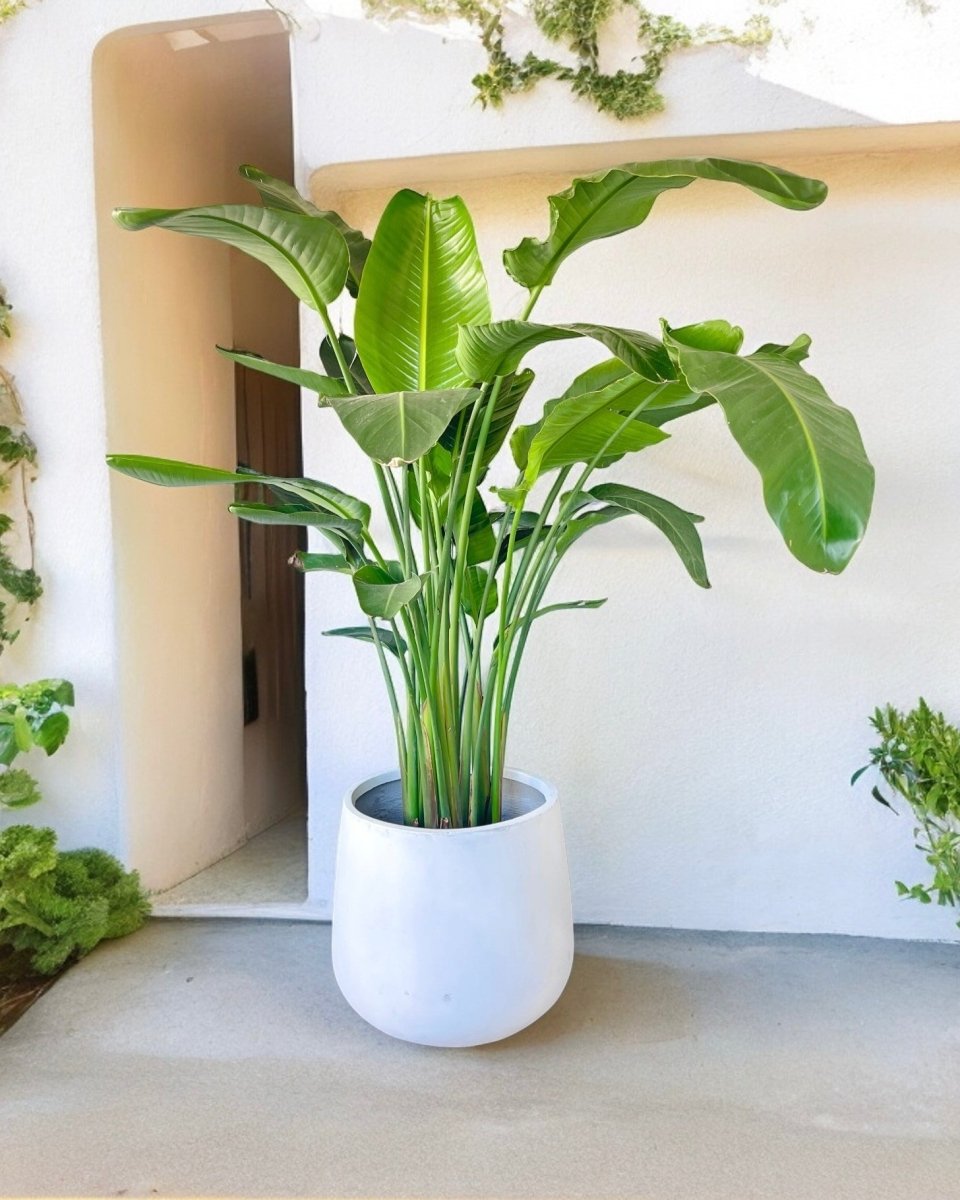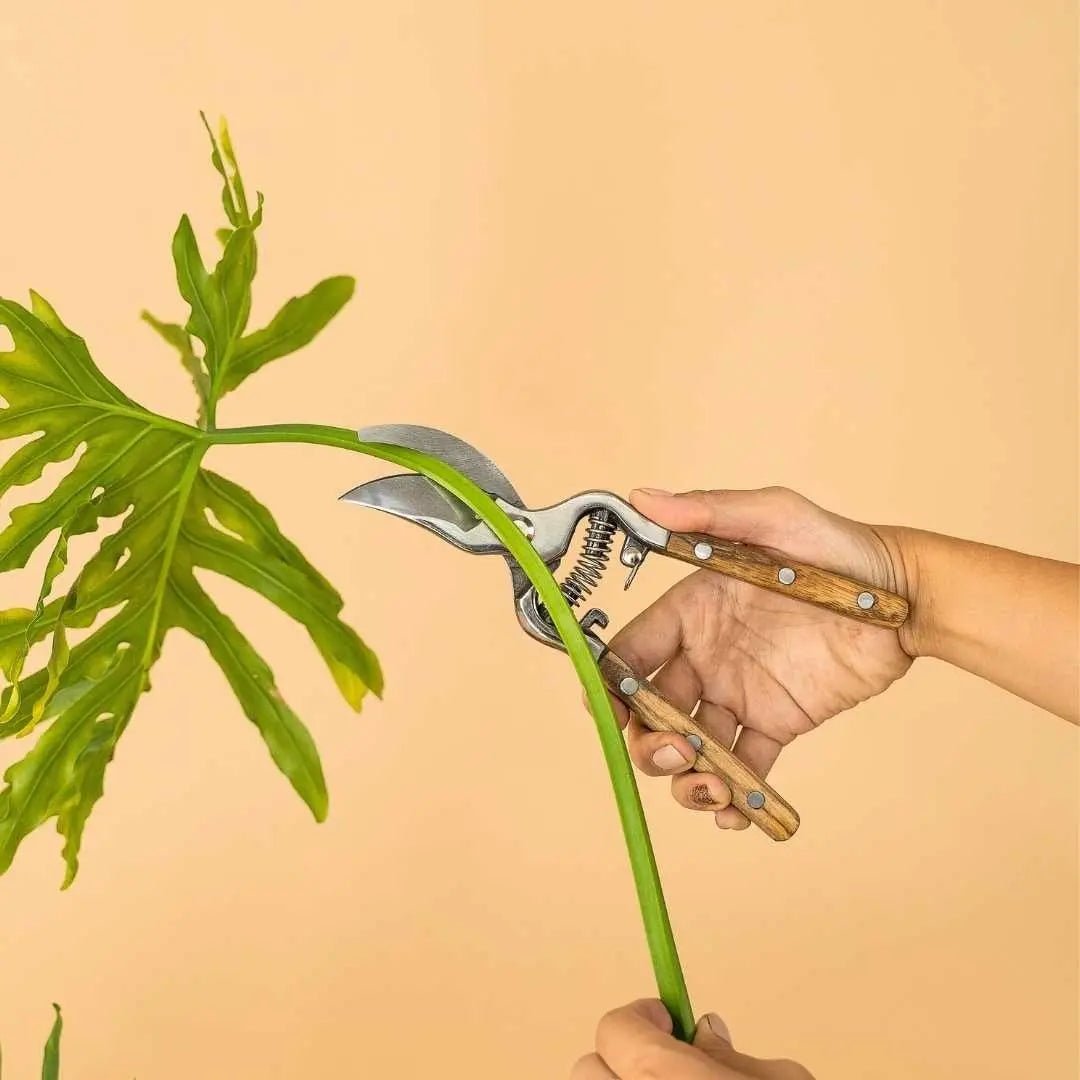General Care Guide for Fruit Plants
Most fruit-bearing plants need full sun (6-8 hours daily) to thrive and produce well. Temperature preferences vary, but tropical fruits prefer warmth (above 65°F/18°C), while temperate fruits can tolerate cooler climates.
Fruits require consistent watering to support fruit development, typically keeping the soil moist but not waterlogged. Humidity levels should match their native environment, but misting is usually unnecessary unless in arid conditions.
Fruit plants need nutrient-rich, well-draining soil. Some fruits may need repotting as they grow, especially in containers, to prevent root binding and ensure sufficient nutrients.
Many fruits can be propagated by seeds, though some are better grown from cuttings or grafting to maintain specific traits (like in citrus or apples).
Fruit plants need regular feeding during their growing season, with fertilizers rich in potassium and phosphorus to promote fruiting. A balanced fertilizer applied every 4-6 weeks usually works well.
While most fruits are safe to eat, certain seeds and parts of fruit plants (like apple seeds or cherry pits) can be toxic if ingested in large quantities.
Fruit plants may suffer from leaf discoloration due to nutrient deficiencies, overwatering, or pest infestations like aphids and fruit flies. Proper care and pest management are essential to ensure healthy fruit production.




